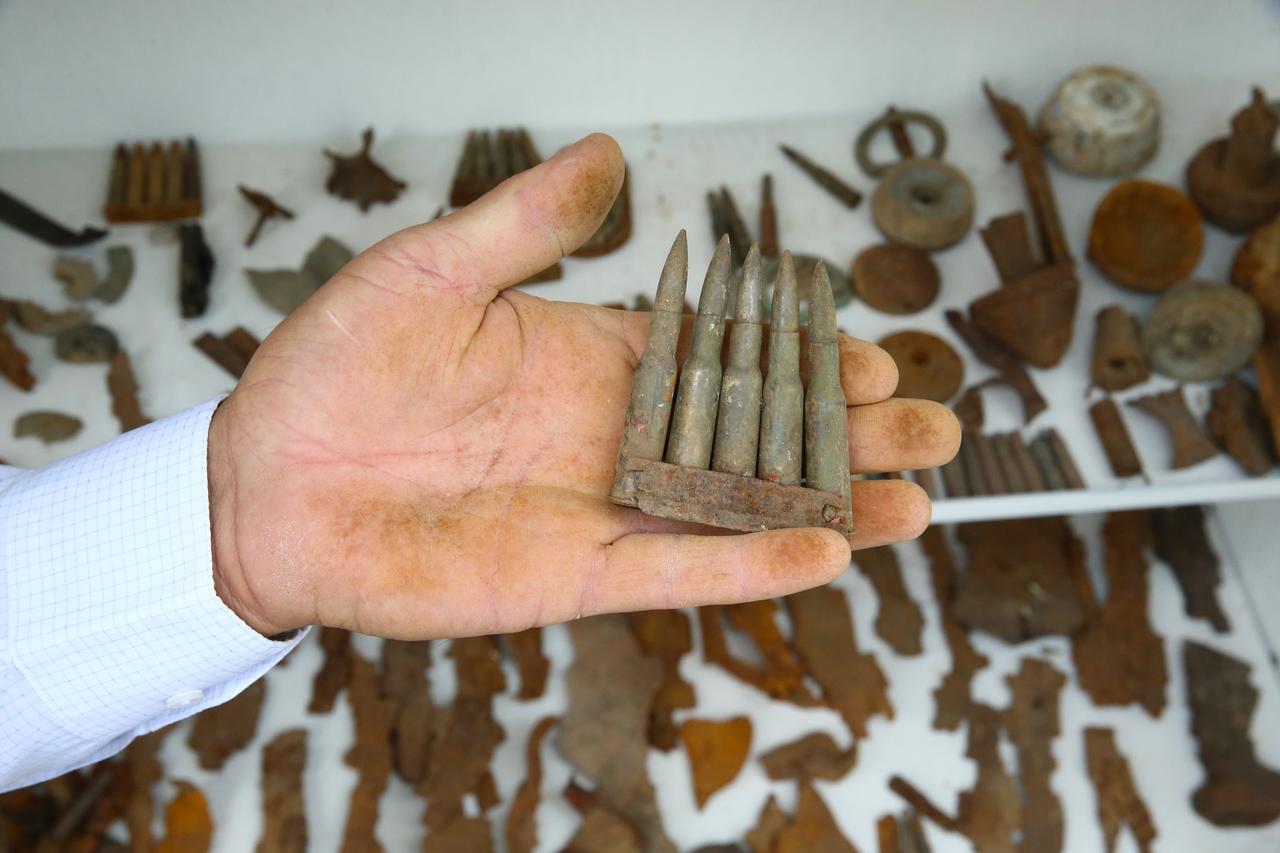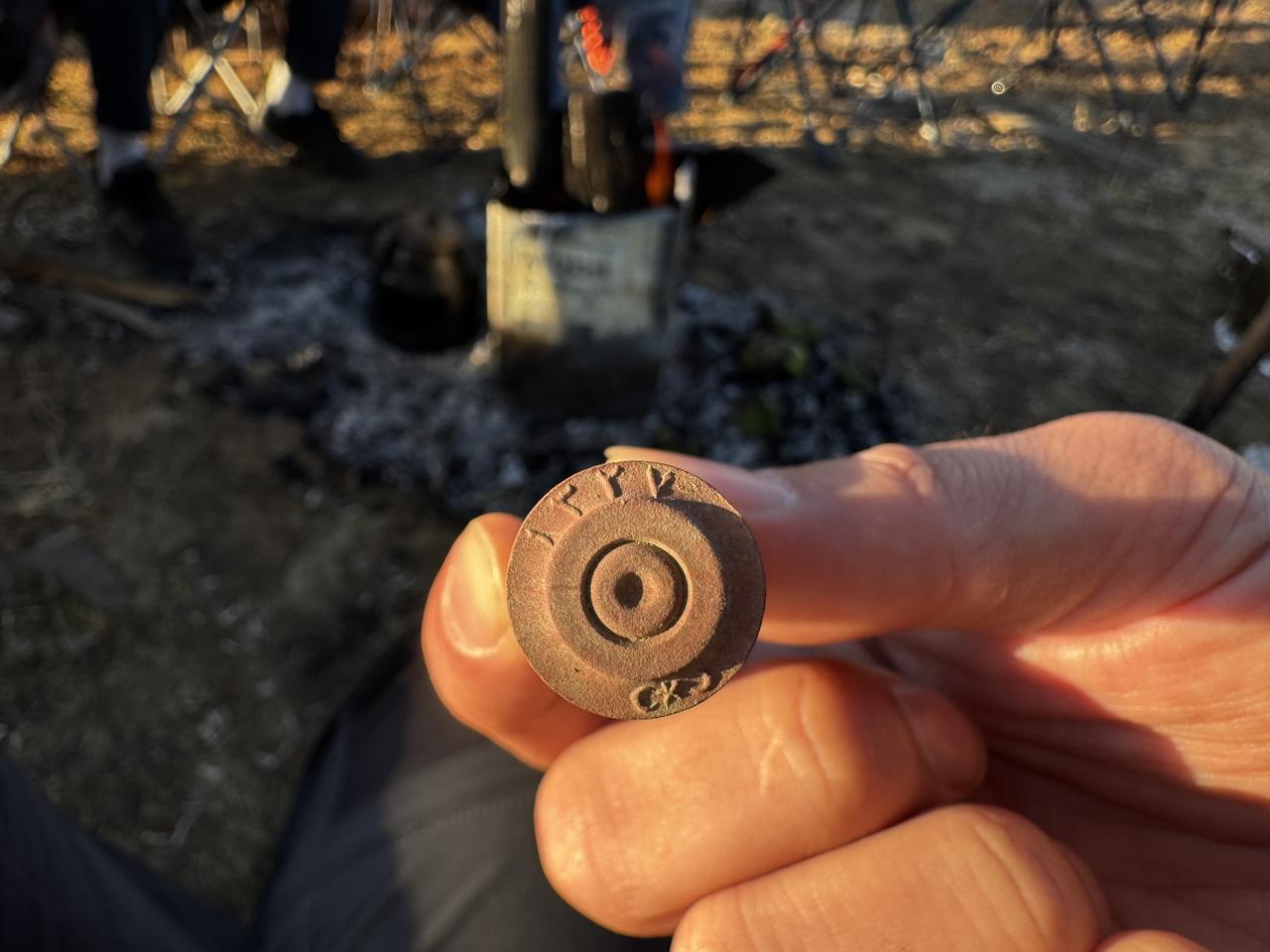
Artifacts dating back to the 1916–1917 Ottoman-Russian War have been uncovered in the mountainous terrain of Bingol province in eastern Türkiye, revealing the remnants of a long-forgotten front.
The site, located around 2,700 meters above sea level, is now recognized by the Ministry of Culture and Tourism as a protected area that serves as a living memorial to the conflict.
Ali Kus, a resident of Bingol, came across the first war relics as a young boy while herding livestock near his village.
He initially sold the items—bullets, horseshoes and shrapnel—to scrap dealers, unaware of their historical importance.
Years later, a visit to a museum in Canakkale prompted him to rethink the significance of the objects he once discarded.

About 10 years ago, Kus began returning to the mountains every summer, this time to collect and preserve the artifacts.
Using an off-road vehicle, he traced old Russian military positions, uncovering weapons and gear left behind by soldiers.
Now 64 years old, Kus displays the collected items near the Azizan Martyrs’ Memorial, a monument built by the Turkish government to honor those who lost their lives during the war.
His collection includes rifles, kukris (a type of curved knife), bullets, chest keys, helmets, buttons and rifle stocks—objects that once belonged to Ottoman and Russian troops stationed in the region.

The artifacts are housed in a dedicated area next to the memorial, effectively creating a mini-museum open to the public.
Kus explained that his aim is to help others understand the human cost of war and the sacrifices made for the homeland.
He also pointed out the presence of numerous soldier graves in the vicinity, further underscoring the area’s historical weight.
Through the display, Kus’s grandson and other local children have gained a tangible connection to the past, learning about a chapter of history rarely covered in detail.